‘Terminal’ breast cancer wiped out by new treatment
Woman had weeks to live before ‘miracle’ therapy eradicated cancer cells
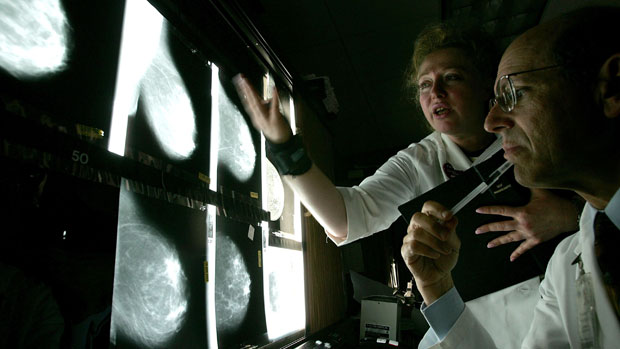
A free daily email with the biggest news stories of the day – and the best features from TheWeek.com
You are now subscribed
Your newsletter sign-up was successful
An experimental new therapy for advanced breast cancer is being hailed as a ‘paradigm shift’ in treating the disease.
The first patient to undergo the treatment, Judy Perkins, was diagnosed with incurable stage 4 breast cancer in 2013, ten years after undergoing a mastectomy for an earlier bout with the disease.
When she was selected for the trial in 2015, the Florida woman “had tennis ball-sized tumours in her liver and secondary cancers throughout her body”.
The Week
Escape your echo chamber. Get the facts behind the news, plus analysis from multiple perspectives.

Sign up for The Week's Free Newsletters
From our morning news briefing to a weekly Good News Newsletter, get the best of The Week delivered directly to your inbox.
From our morning news briefing to a weekly Good News Newsletter, get the best of The Week delivered directly to your inbox.
Believing she had less than three months to live, she had left her job as a structural engineer and was working her way through a “bucket list” of activities to complete before she died.
Perkins told the BBC that she began to feel the effects of the experimental treatment after a week. “I had a tumour in my chest that I could feel shrinking,” she said.
“It took another week or two for it to completely go away.”
More than two years on, she is cancer-free and says she has “gone back to normal everyday life”, even enjoying strenuous hiking and kayaking trips.
A free daily email with the biggest news stories of the day – and the best features from TheWeek.com
“It feels miraculous and I am beyond amazed,” the 52-year-old said. “Experts may call it extended remission but I call it a cure.”
Her case, detailed in the journal Nature Medicine, involves a new treatment which harnesses the body’s own immune system to destroy cancerous cells. It works by flooding the body with T-cells, a component of white blood cells with the ability to seek and destroy cancerous cells.
Scientists analysed Perkins’ biopsies to identify the T-cells which were already attacking a handful of the 62 cancerous mutations in her body.
“They removed a few hundred of those T-cells and over eight weeks grew 82 billion of them, which were then placed back into her body,” The Times reports.
The technique has previously been used to treat blood cancers and melanoma, but “it is the first time the treatment has been successful for late-stage breast cancer”.
The team of doctors complemented the cell treatment with “a range of new immunotherapy drugs called ‘checkpoint inhibitors’,” Sky News reports, “designed to overcome a cancer's ability to shield itself from the immune system”.
Researchers were keen to stress that more trials on greater numbers of patients will need to be carried out before the therapy could come into wider use.
The highly personalised nature of the treatment is simultaneously its greatest strength and the biggest obstacle to widespread use.
Previous trials involving cancer immunotherapy have found that it “tends to work spectacularly for some patients, but the majority do not benefit”, the BBC reports.
Dr Steven Rosenberg, chief of surgery at the National Cancer Institute, which led the trial, told the broadcaster that the therapy remained “highly experimental”, but had the potential to transform cancer treatment.
“A lot of work needs to be done, but the potential exists for a paradigm shift in cancer therapy - a unique drug for every cancer patient,” he said. “It is very different to any other kind of treatment.”
-
 Antonia Romeo and Whitehall’s women problem
Antonia Romeo and Whitehall’s women problemThe Explainer Before her appointment as cabinet secretary, commentators said hostile briefings and vetting concerns were evidence of ‘sexist, misogynistic culture’ in No. 10
-
 Local elections 2026: where are they and who is expected to win?
Local elections 2026: where are they and who is expected to win?The Explainer Labour is braced for heavy losses and U-turn on postponing some council elections hasn’t helped the party’s prospects
-
 6 of the world’s most accessible destinations
6 of the world’s most accessible destinationsThe Week Recommends Experience all of Berlin, Singapore and Sydney
-
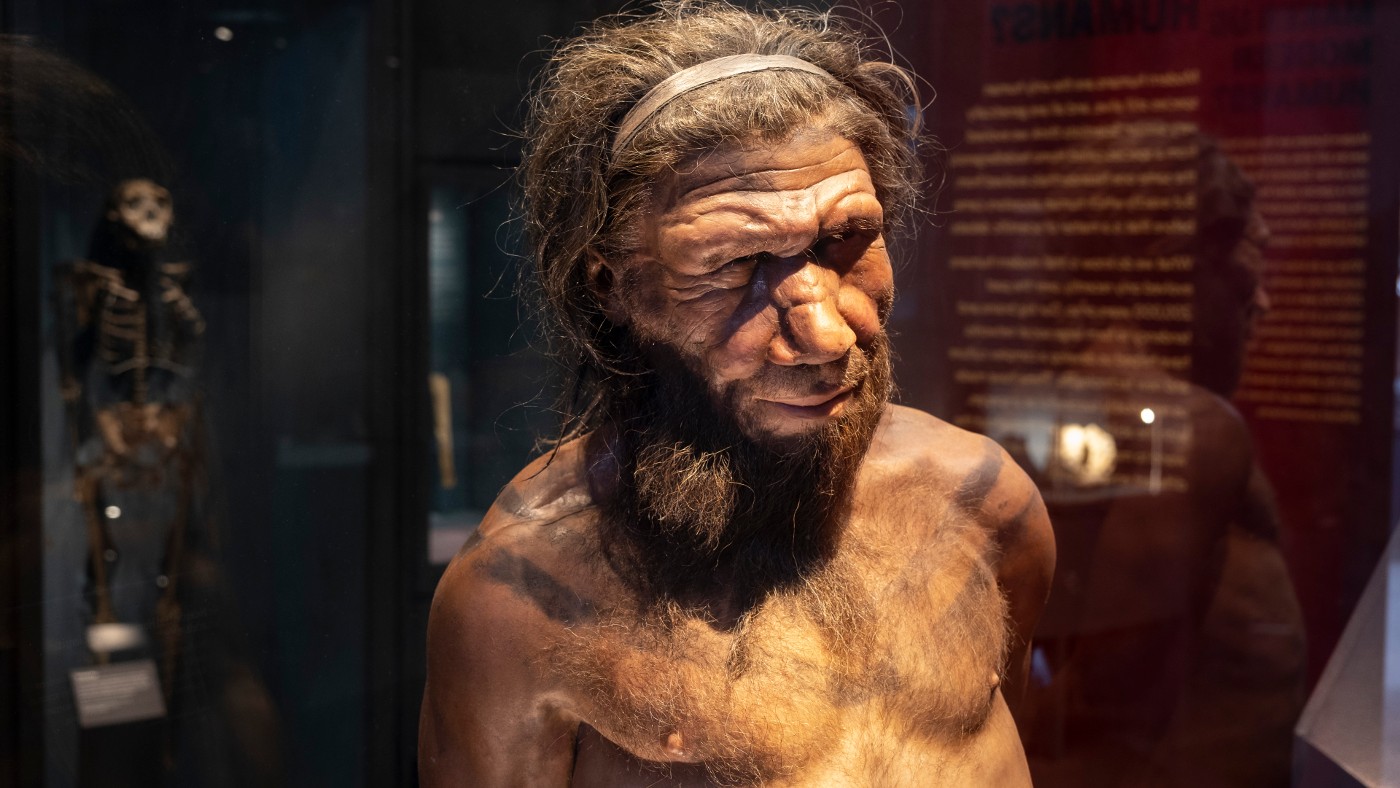 Neanderthal gene ‘caused up to a million Covid deaths’
Neanderthal gene ‘caused up to a million Covid deaths’Speed Read Genetic tweak found in one in six Britons means cells in the lungs are slower to launch defences
-
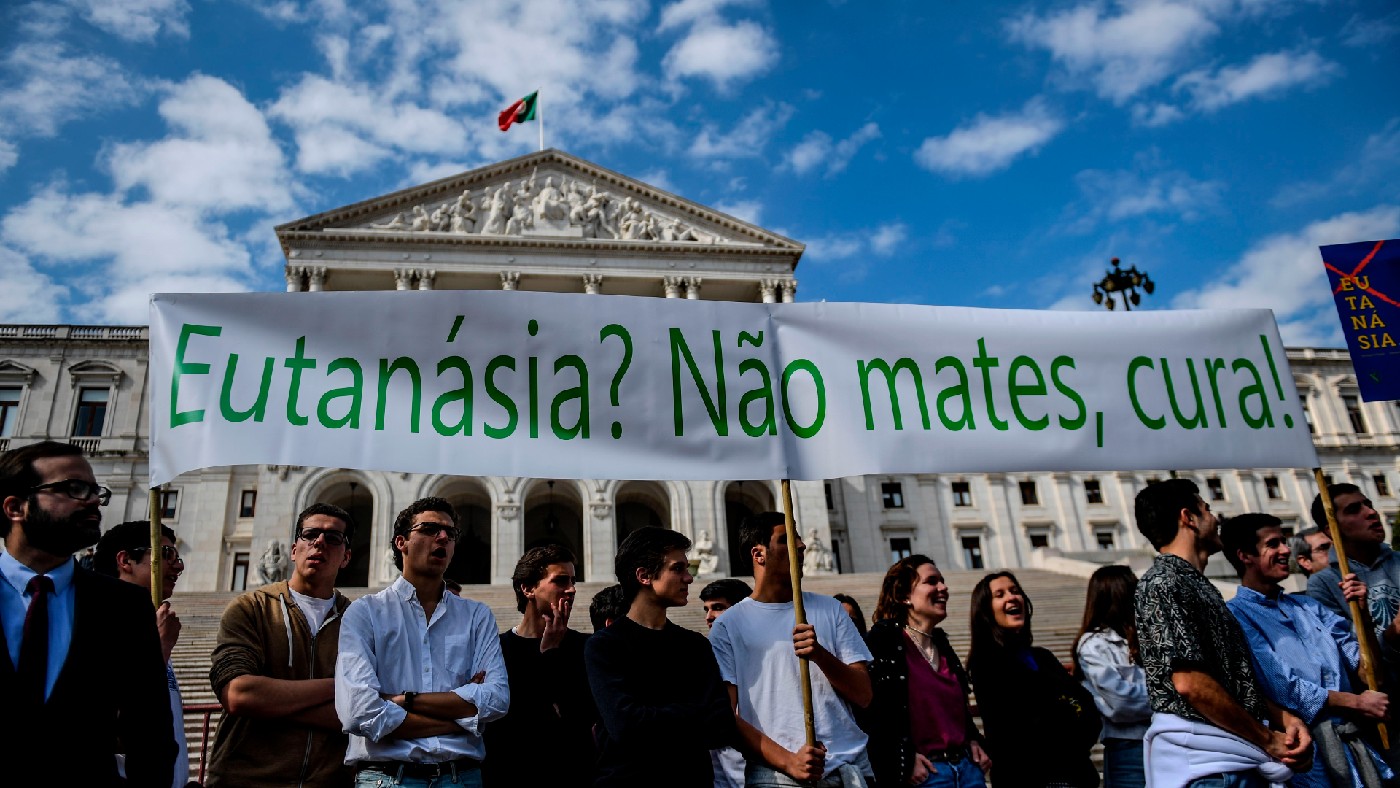 Legalising assisted dying: a complex, fraught and ‘necessary’ debate
Legalising assisted dying: a complex, fraught and ‘necessary’ debateSpeed Read The Assisted Dying Bill – which would allow doctors to assist in the deaths of terminally ill patients – has relevance for ‘millions’
-
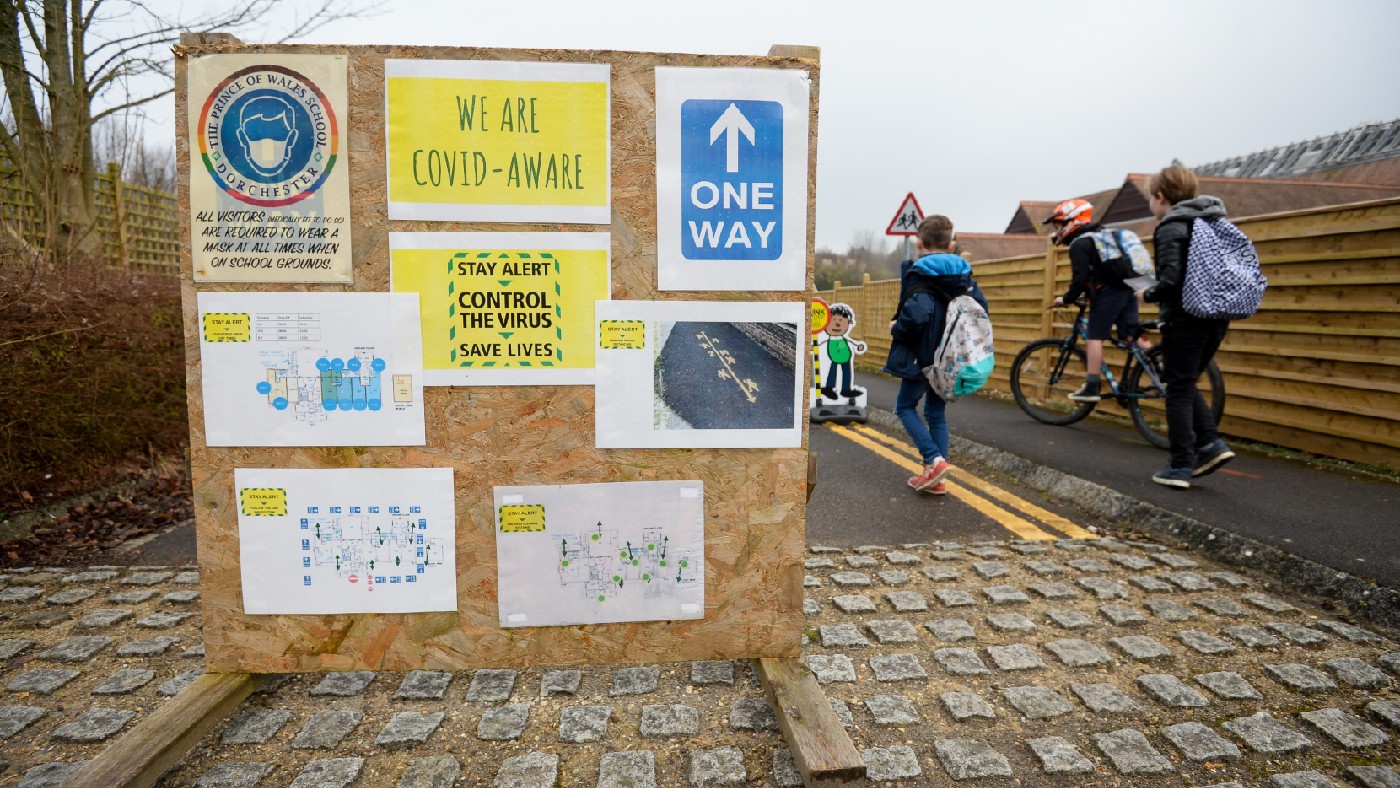 Vaccinating children: it’s decision time for the health secretary as kids return to school
Vaccinating children: it’s decision time for the health secretary as kids return to schoolSpeed Read Sajid Javid readying NHS England to roll out jab for children over 12, amid fears infections will rocket
-
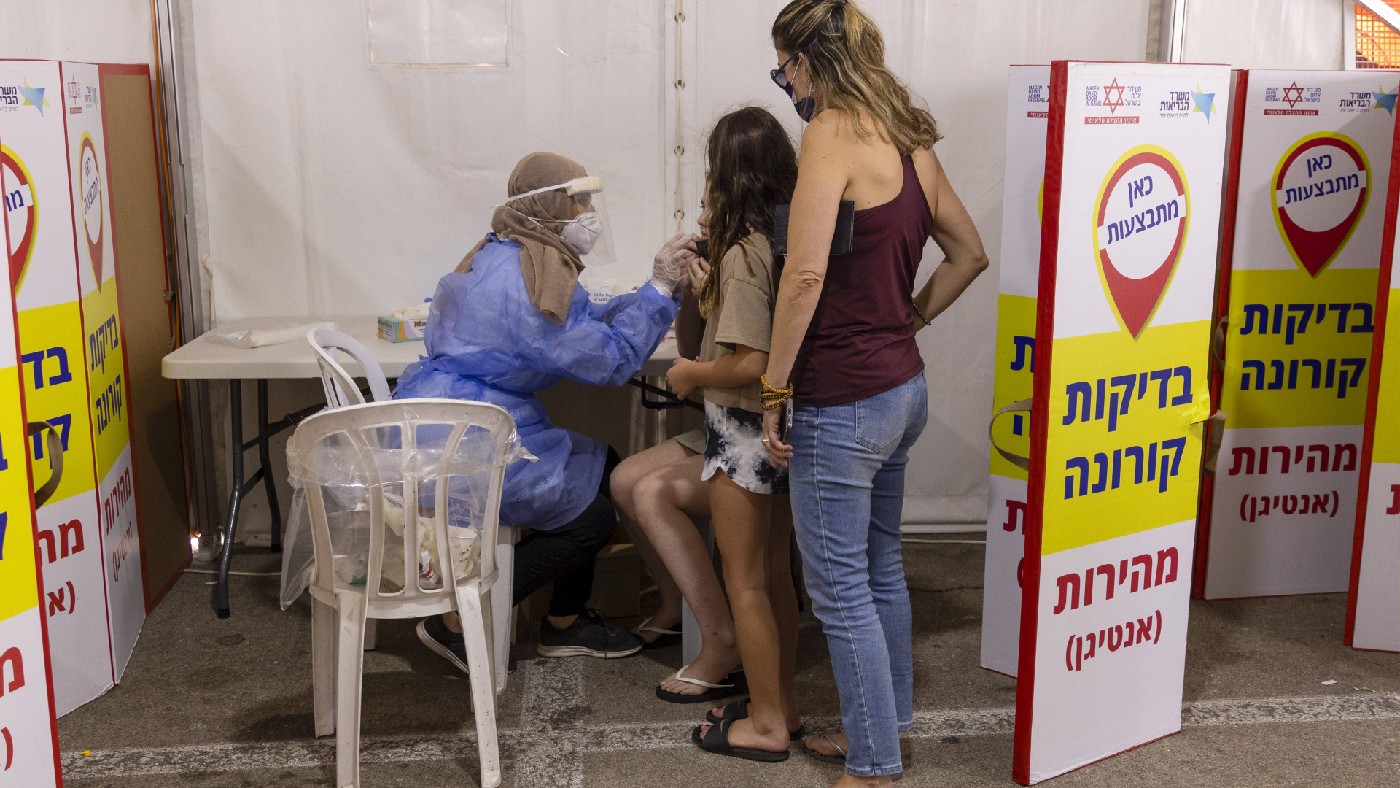 ‘Vaccination blunts, but does not defeat’: exploring Israel’s fourth Covid wave
‘Vaccination blunts, but does not defeat’: exploring Israel’s fourth Covid waveSpeed Read Two months ago, face masks were consigned to bins. Now the country is in a ‘unique moment of epidemiological doubt’
-
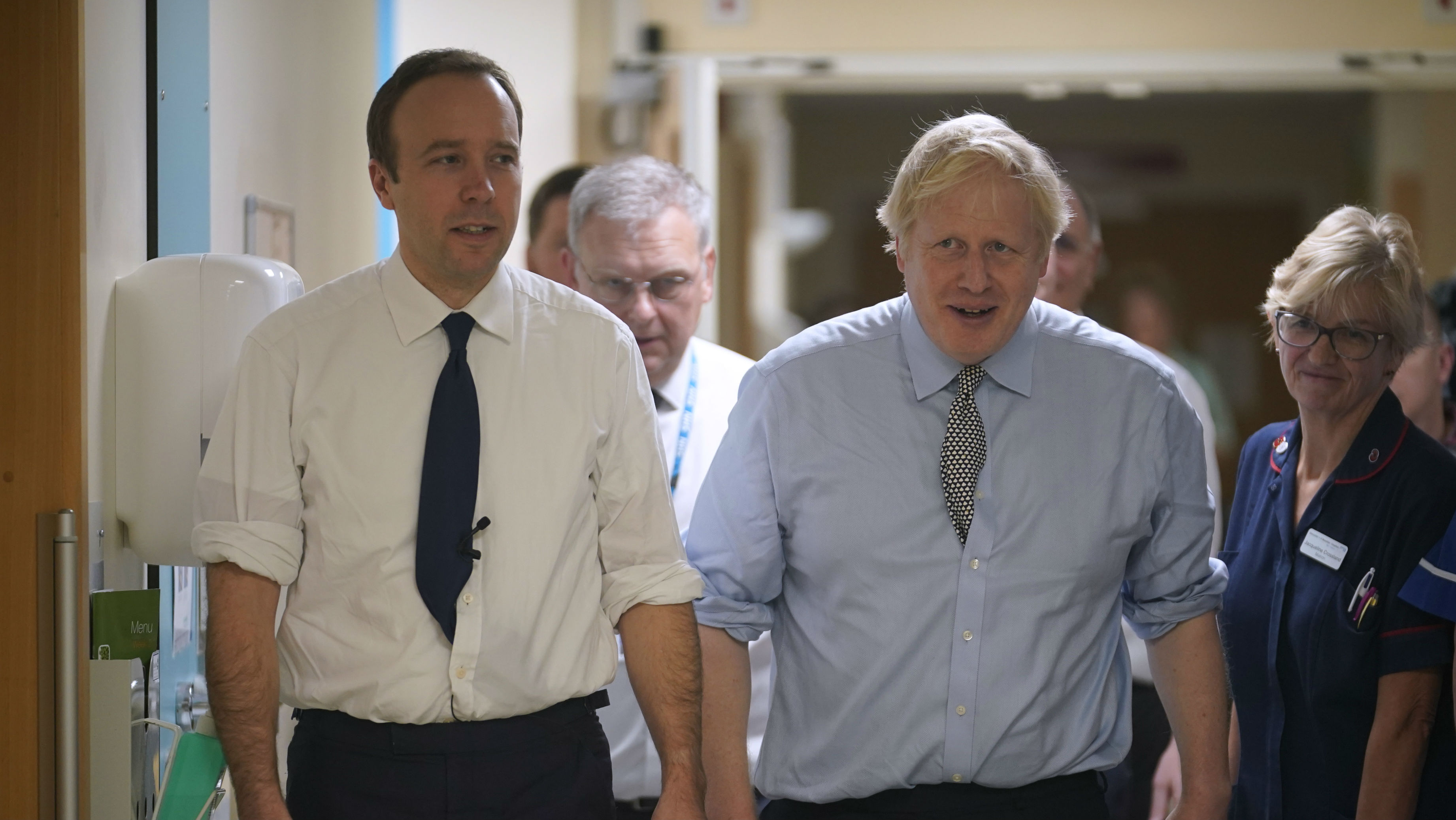 Thousands told to self-isolate in Covid app pinging error, claims Whitehall whistleblower
Thousands told to self-isolate in Covid app pinging error, claims Whitehall whistleblowerSpeed Read Source says Matt Hancock was privately told of the issue shortly before he resigned as health secretary
-
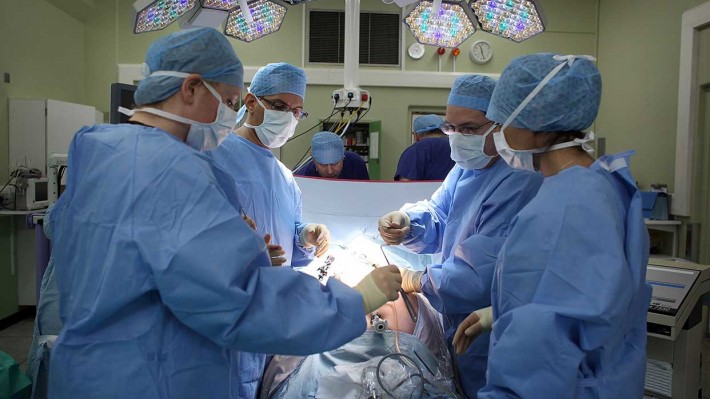 Record 5.45m people on NHS England waiting lists
Record 5.45m people on NHS England waiting listsSpeed Read Health chief warns that crisis is nearing ‘boiling point’ as backlog grows
-
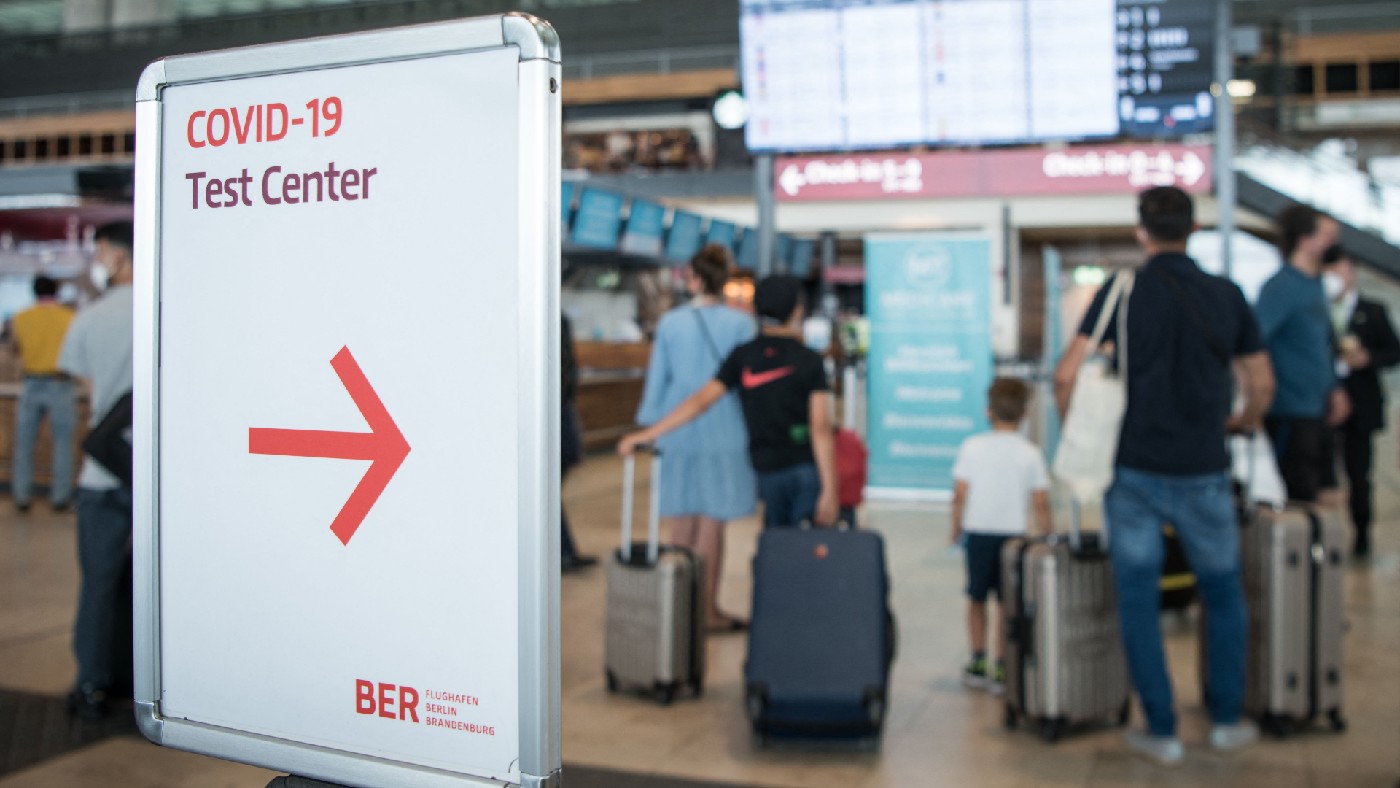 Covid testing: the ‘great new game of holiday roulette’
Covid testing: the ‘great new game of holiday roulette’Speed Read On one day last week, the price of a private PCR test ranged from £23.99 to £575
-
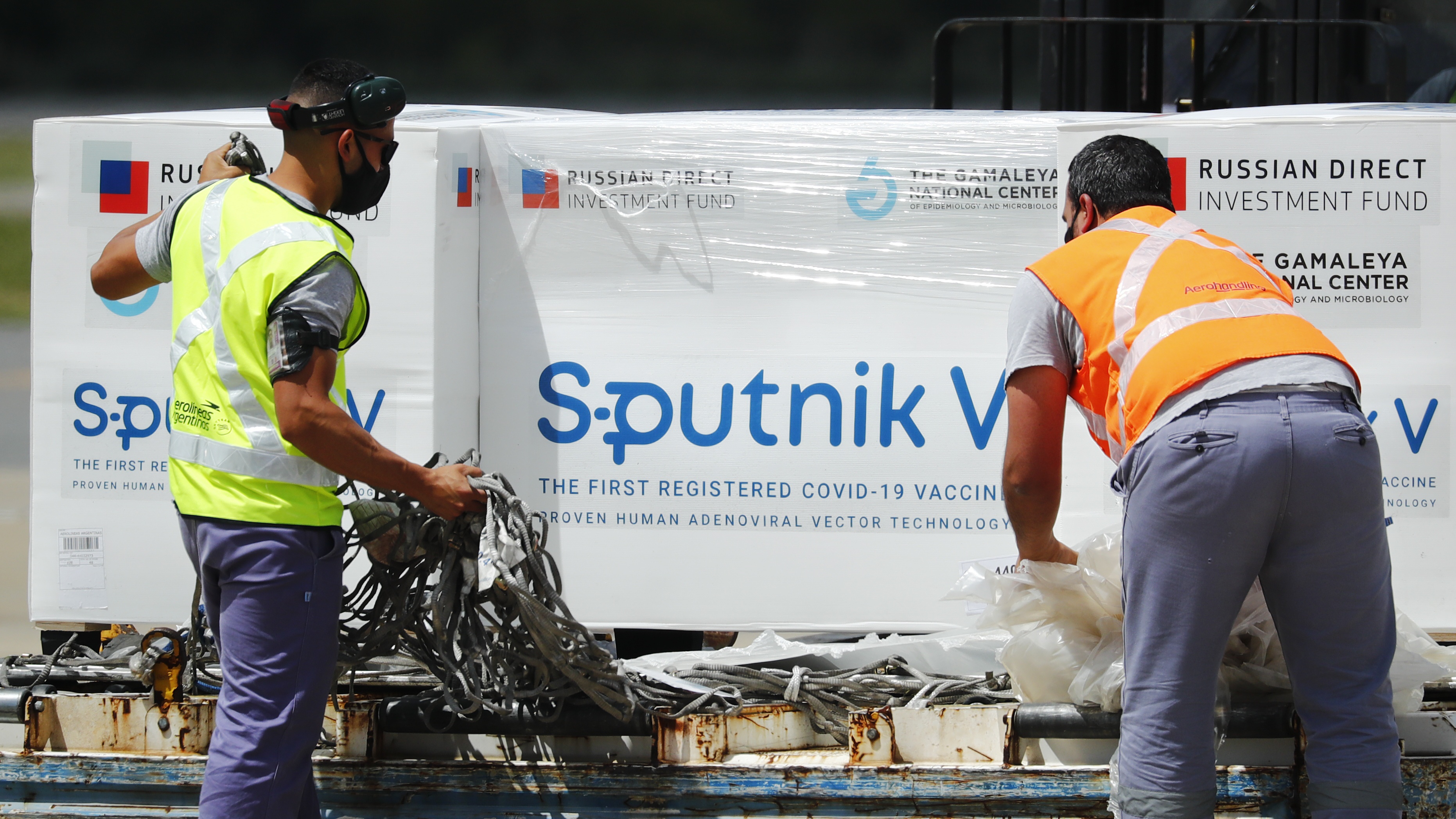 San Marino is first European country to offer ‘vaccine vacation’
San Marino is first European country to offer ‘vaccine vacation’Speed Read Tiny landlocked nation to give Russian Sputnik vaccine to paying tourists